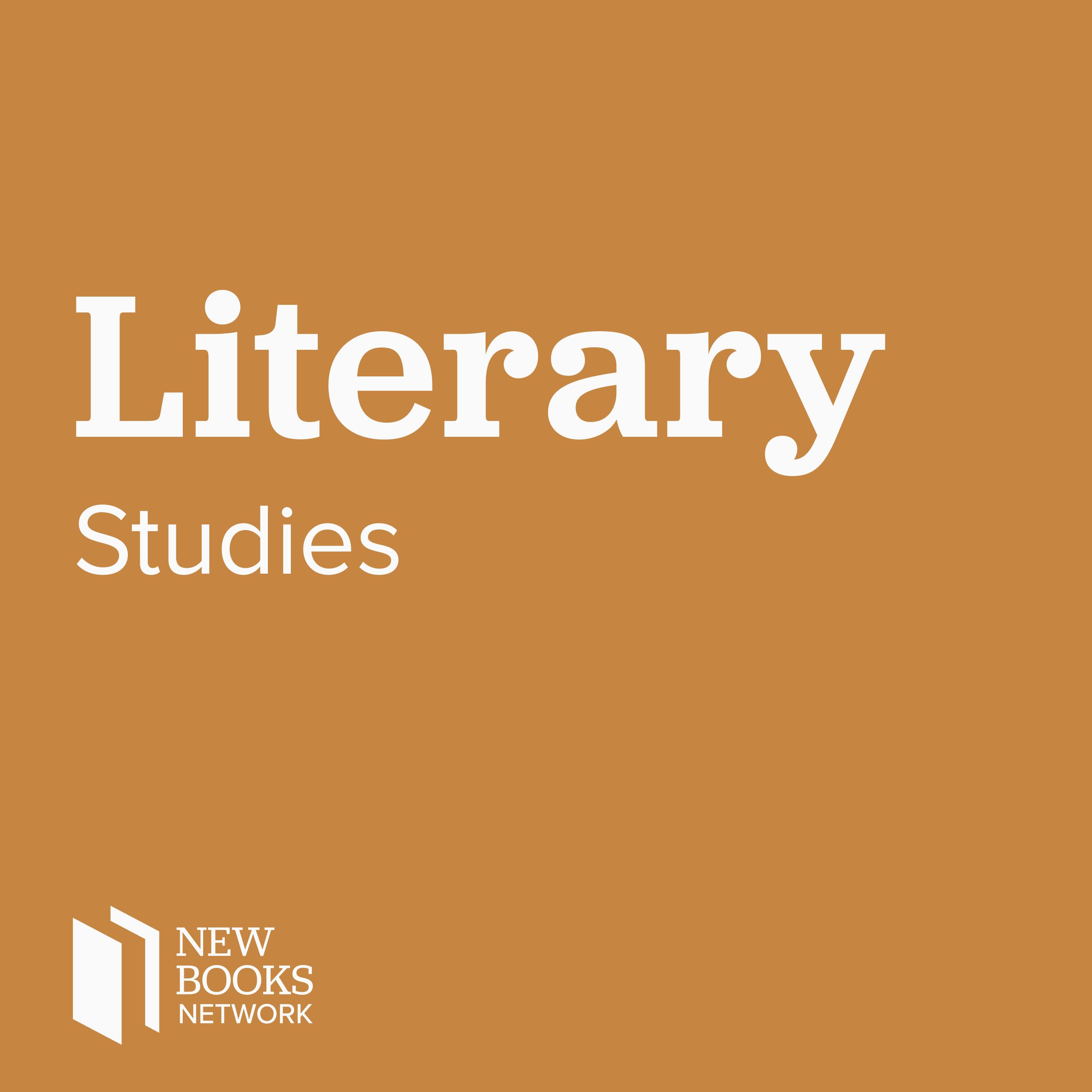
Jonathan D. Fitzgerald, "How the News Feels: The Empathic Power of Literary Journalists" (U Massachusetts Press, 2023)

New Books in Literary Studies
Shownotes Transcript
In How the News Feels: The Empathic Power of Literary Journalists) (University of Massachusetts Press, 2023), Jonathan D. Fitzgerald examines a mode of journalistic storytelling dating back nearly two centuries. Literary journalism arose in the decades before the U.S. Civil War alongside the era's sentimental literature. Combining fact-based reporting with the sentimentality of popular fiction, literary journalism encouraged readers to empathize with subjects by presenting more nuanced and engaging stories than typical news coverage. While women writers were central to the formation and ongoing significance of the genre, literary journalism scholarship has largely ignored their contributions.* How the News Feels* re-centers the work of a range of writers who were active from the 1830s until today, including Catharine Williams, Margaret Fuller, Nellie Bly, Winifred Black, Zora Neale Hurston, Joan Didion, Adrian Nicole LeBlanc, and Alexis Okeowo.
Offering intimate access to their subjects' thoughts, motivations, and yearnings, these journalists encouraged readers to empathize with society's outcasts, from asylum inmates and murder suspects to "fallen women" and the working poor. As this carefully researched study shows, these writers succeeded in defining and developing the genre of literary journalism, with stories that inspire action, engender empathy, and narrow the gap between writer, subject, and audience.
*James Kates) is a professor in the Department of Communication at the University of Wisconsin-Whitewater. He has worked as an editor at The Philadelphia Inquirer, the Milwaukee Journal Sentinel and other publications.*
Learn more about your ad choices. Visit megaphone.fm/adchoices)
Support our show by becoming a premium member! https://newbooksnetwork.supportingcast.fm/literary-studies)